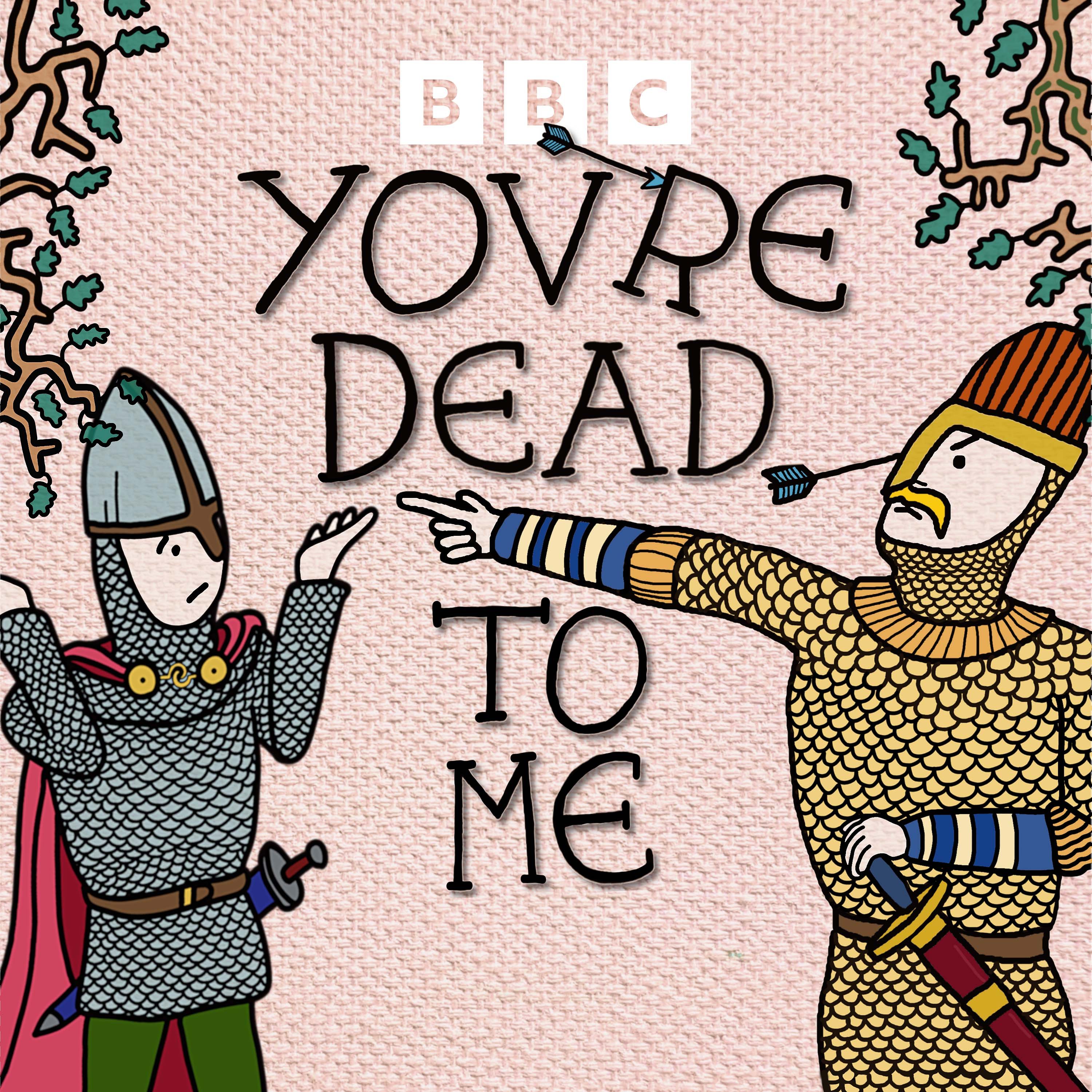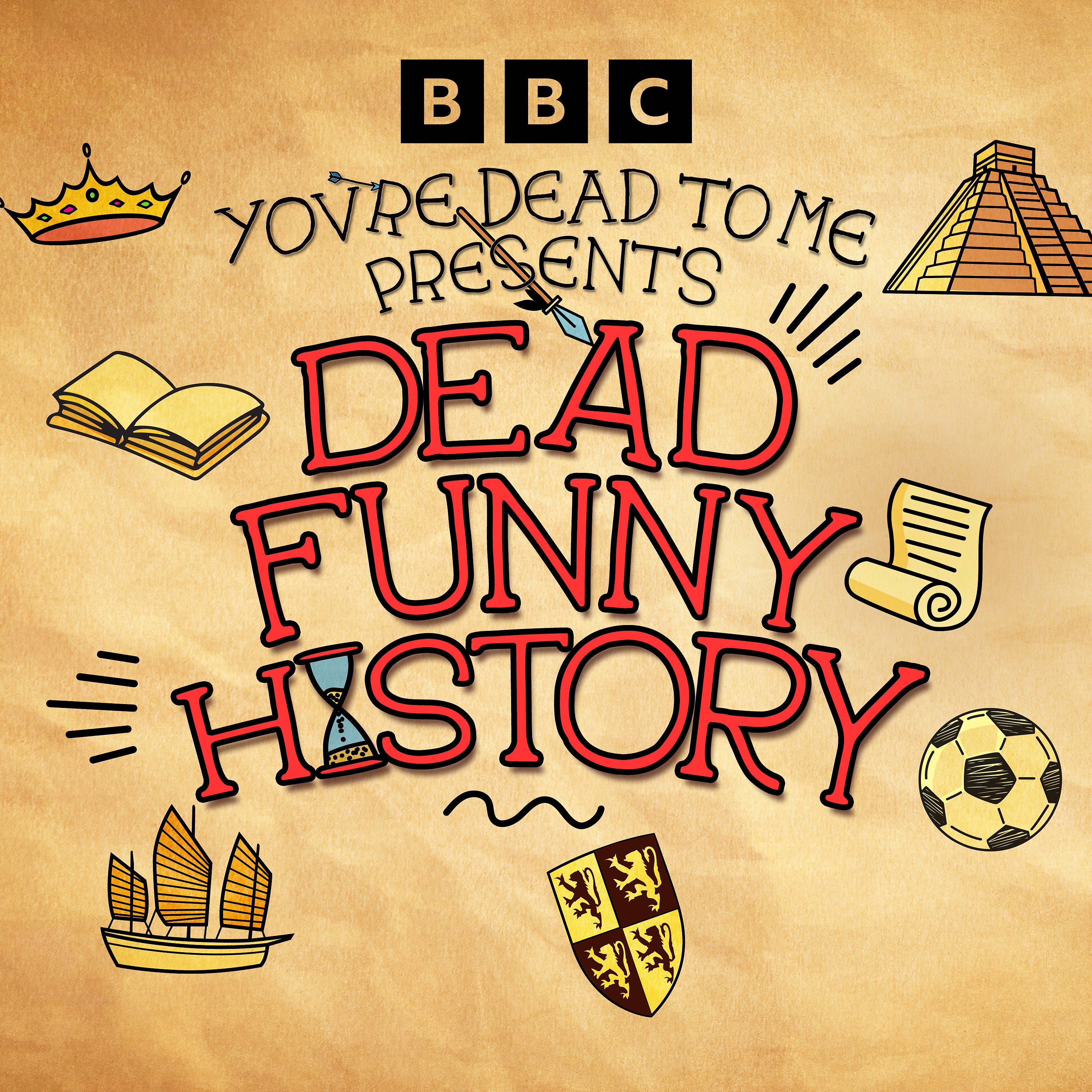Hannibal of Carthage: fearsome enemy of ancient Rome
Greg Jenner is joined in ancient North Africa by classicist Professor Josephine Quinn and comedian Darren Harriott to learn about Hannibal of Carthage and his war with Rome. Located in modern-day Tunisia, Carthage was once a Mediterranean superpower that rivalled Rome. In 218 BCE, the Second Punic War began between the two powers, with the Carthaginian army led by a man named Hannibal Barca. Famously, Hannibal took his forces – including a contingent of war elephants – over the Alps and into Italy, finally marching on Rome itself. But eventually the Carthaginians were beaten back, and Hannibal ended his days in exile. In this episode we explore his epic life, from his childhood in Spain, to his tactical brilliance as a general, to his post-war career as a reformist politician.
If you’re a fan of ancient Rome, genius generals and new developments in classical history, you’ll love our episode on Hannibal of Carthage.
If you want more from Darren Harriott, check out our episode on Victorian Bodybuilding. Or for more plucky generals, listen to our episodes on Joan of Arc, Julius Caesar or Robert Bruce.
You’re Dead To Me is the comedy podcast that takes history seriously. Every episode, Greg Jenner brings together the best names in history and comedy to learn and laugh about the past.
Hosted by: Greg Jenner
Research by: Emma Bentley
Written by: Emma Bentley, Emmie Rose Price-Goodfellow, Emma Nagouse, and Greg Jenner
Produced by: Emmie Rose Price-Goodfellow and Greg Jenner
Audio Producer: Steve Hankey
Production Coordinator: Gill Huggett
Senior Producer: Emma Nagouse
Executive Editor: Philip Sellars
Press play and read along
Transcript
Transcript is processing—check back soon.

